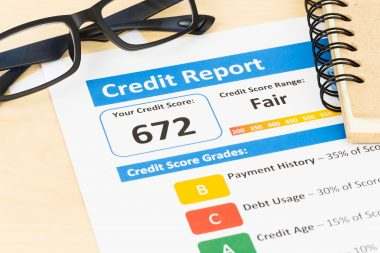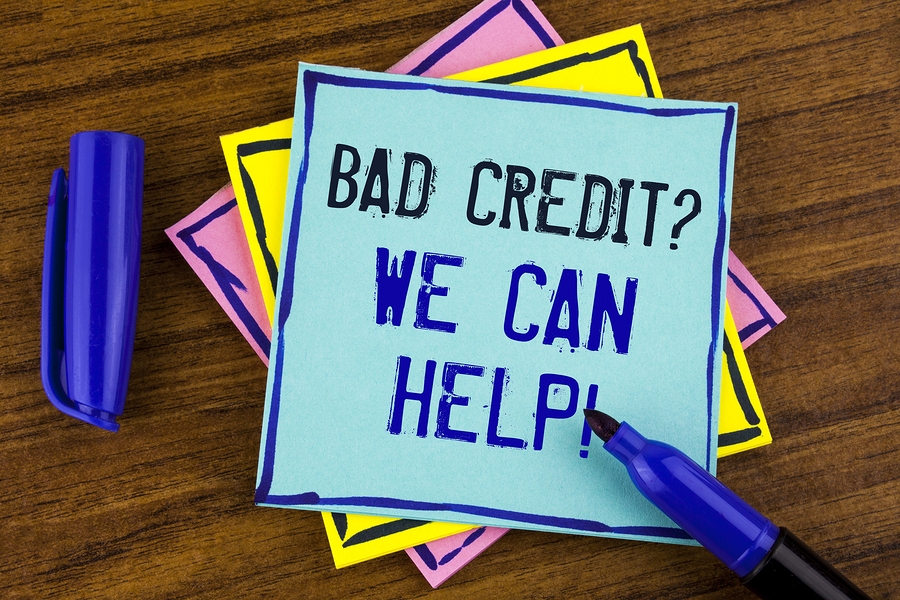Advice for Cleaning Up Your Credit in the New Year

A new tax year is upon us, and that means it’s time to take full stock of your finances — for better or for worse. Yearly budgets should be evaluated, your wallet of credit cards should be audited, and you should perform your annual credit report checks (which you can do for free once a year through AnnualCreditReport.com.)
Depending on how long it’s been since you did, well, any of those things, you’ll likely come up with a few surprises. Ideally, those surprises are happy surprises — but, when it comes to ignoring your finances, chances are, those surprises won’t be all puppies and rainbows.
Indeed, those surprises can be especially unpleasant if your untracked credit has experienced some damage over the course of the previous year (or years). Happily, while some of that damage will hang around longer than the rest, none of your credit damage is permanent. You can clean up your credit to make your new year a better one.
Go Through Your Reports Line By Line
The very first step in cleaning up your credit is to go through all three of your credit reports, line by line. You can’t fix the problems until you know what they are, so look for anything that may be dragging down your credit scores and damaging your ability to qualify for new credit.
As you look through your reports, keep in mind that your FICO credit score is calculated according to five main factors:
- Payment History (35%)
- Amounts Owed (30%)
- Credit History Length (15%)
- New Accounts (10%)
- Credit Mix (10%)
Anything that negatively impacts one of these factors can damage your credit. This could be things like high credit card balances, delinquent payments, defaulted loans, or too many hard inquiries.
Dispute Errors or Fraudulent Accounts
If you find anything on your credit reports that looks like it doesn’t belong or that it may be an error — fix it. Right away.
You can dispute errors or fraudulent accounts on your credit reports by filing a dispute with the credit bureau in question. You’ll need to file a separate dispute for each item and with each bureau; so, if you have one error that shows up on all three reports, you’ll need to file three separate disputes, one with each bureau.
Pay Down Outstanding Debts
One of the fastest ways to boost your credit score is to pay down your existing debts — the Amounts Owed factor — particularly if you have credit cards with high utilization rates (the ratio of how much credit you are using over how much credit you have available). Reducing your utilization rates below 30% can help boost your score in a matter of weeks.
Make All of Your Payments On Time
The single largest factor in your credit scores is your payment history; creditors want to see that you can pay your debts on time. While there isn’t much you can do to impact previous missteps other than wait them out — most negative items will fall off your credit reports after seven years — you can reduce their impact and boost your score by building a recent positive payment history.
In other words, credit scoring algorithms place more weight on recent payment history than they do on old history. This means you can boost your credit score simply by paying on time every month. Creditors (and scoring algorithms) will generally want to see at least 12 months of positive payment history, though, of course, the longer the better.
About the Author: Adam West is the Managing Editor for BadCredit.org and CardRates.com, where he regularly coordinates with financial experts and industry movers and shakers to report the latest information, news, and advice on topics related to helping borrowers achieve greater financial literacy and improved credit scores.



